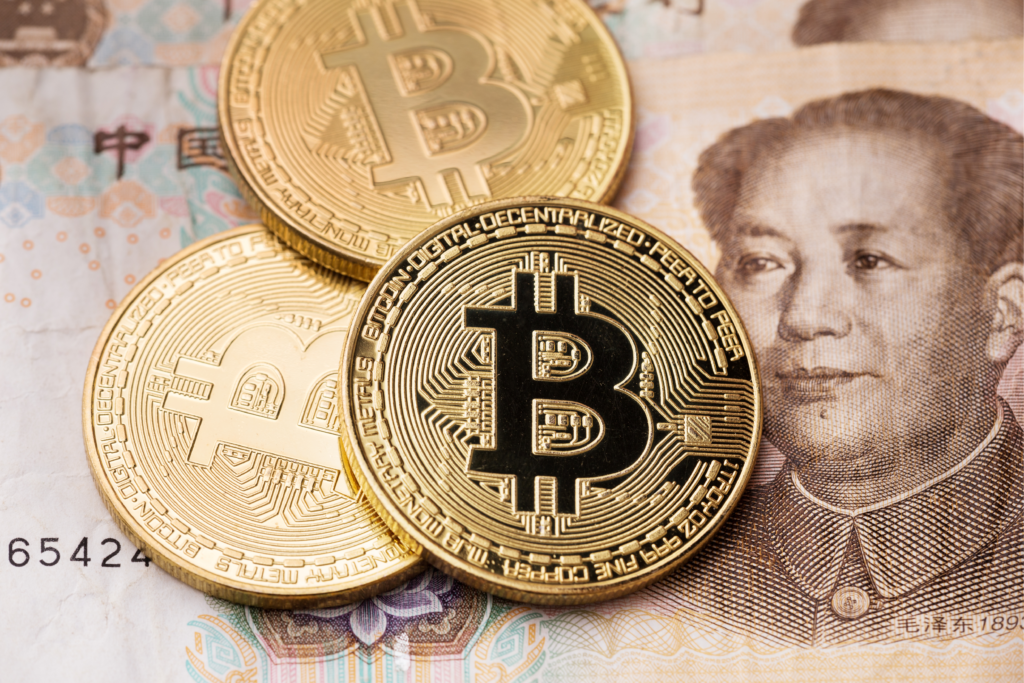The Chinese government has announced a new and even more invasive form of facial recognition. The Ministry of Industry and Information Technology (MIIT) will begin using AI software to monitor 800+ million internet users.
The move comes after extreme international pressure to curtail facial recognition, ostensibly as an invasion of privacy. However, the Chinese government appears to have ‘doubled down’ on their use of the software, further inciting democratic governments.
Are There Real Positives?
The MIIT has said that the purpose of the new software will actually increase human rights. The innovative technology will check citizens’ faces against logged data in order to guarantee that no online mischief is taking place. All online transactions will eventually require such identification. Per the agency, the move will “safeguard the legitimate rights and interests of citizens’ cyberspace.” Additionally, the government has stated that the new tech will help them respond to ‘new challenges’. The ambiguous statement may well include racial and social profiling, as well as potential threat control. Taken with the existing facial recognition efforts, the government believes that these levels of privacy invasion are helpful. The official position is that dramatic increases in facial recognition will “prevent extremism and terrorism at their root—to protect human rights.”
The response against the new regulations has been one of widespread disgust. The companies responsible for the new software—SenseTime, Megvii, and Yitu—have already been blacklisted by the US. Other governments are following suit.
What’s more, the Chinese government is under increasing pressure to remove the software’s widespread use. The dystopian future of such moves is broadly feared among most national governments. Even if IDs are required for many government documents, the sorts of pressures the Chinese government has instituted are unprecedented.
Taken with the existing facial recognition efforts, the government believes that these levels of privacy invasion are helpful. The official position is that dramatic increases in facial recognition will “prevent extremism and terrorism at their root—to protect human rights.”
The response against the new regulations has been one of widespread disgust. The companies responsible for the new software—SenseTime, Megvii, and Yitu—have already been blacklisted by the US. Other governments are following suit.
What’s more, the Chinese government is under increasing pressure to remove the software’s widespread use. The dystopian future of such moves is broadly feared among most national governments. Even if IDs are required for many government documents, the sorts of pressures the Chinese government has instituted are unprecedented.
But What About Bitcoin?
While the move is not surprising, given China’s tyrannical past, many see cryptocurrencies as a potential response. With the ability to send and receive funds without direct transactional processes, cryptocurrencies offer a level of anonymity that the Chinese government simply can’t control completely. Additionally, Bitcoin is an international currency, of sorts. It allows consumers in the oppressive regime to have more freedom in international financial movements. With these benefits, it should be no surprise that China has already sought to control the use of Bitcoin. In a state where control is king, Bitcoin may be the ultimate freedom fighter. Bitcoin’s underlying technology, the blockchain, can also help citizens like the recent Hong Kong protestors in developing applications to fight back, as BeInCrypto has previously reported.
Think China’s control over the internet is an invasion of privacy that Bitcoin can overcome, or will the Chinese government find ways to battle Bitcoin as well? Let us know in the comments below!
With these benefits, it should be no surprise that China has already sought to control the use of Bitcoin. In a state where control is king, Bitcoin may be the ultimate freedom fighter. Bitcoin’s underlying technology, the blockchain, can also help citizens like the recent Hong Kong protestors in developing applications to fight back, as BeInCrypto has previously reported.
Think China’s control over the internet is an invasion of privacy that Bitcoin can overcome, or will the Chinese government find ways to battle Bitcoin as well? Let us know in the comments below!
Images are courtesy of Shutterstock, Twitter.
Top crypto platforms in the US
Disclaimer
In adherence to the Trust Project guidelines, BeInCrypto is committed to unbiased, transparent reporting. This news article aims to provide accurate, timely information. However, readers are advised to verify facts independently and consult with a professional before making any decisions based on this content. Please note that our Terms and Conditions, Privacy Policy, and Disclaimers have been updated.

Jon Buck
With a background in science and writing, Jon's cryptophile days started in 2011 when he first heard about Bitcoin. Since then he's been learning, investing, and writing about cryptocurrencies and blockchain technology for some of the biggest publications and ICOs in the industry. After a brief stint in India, he and his family live in southern CA.
With a background in science and writing, Jon's cryptophile days started in 2011 when he first heard about Bitcoin. Since then he's been learning, investing, and writing about cryptocurrencies and blockchain technology for some of the biggest publications and ICOs in the industry. After a brief stint in India, he and his family live in southern CA.
READ FULL BIO
Sponsored
Sponsored

